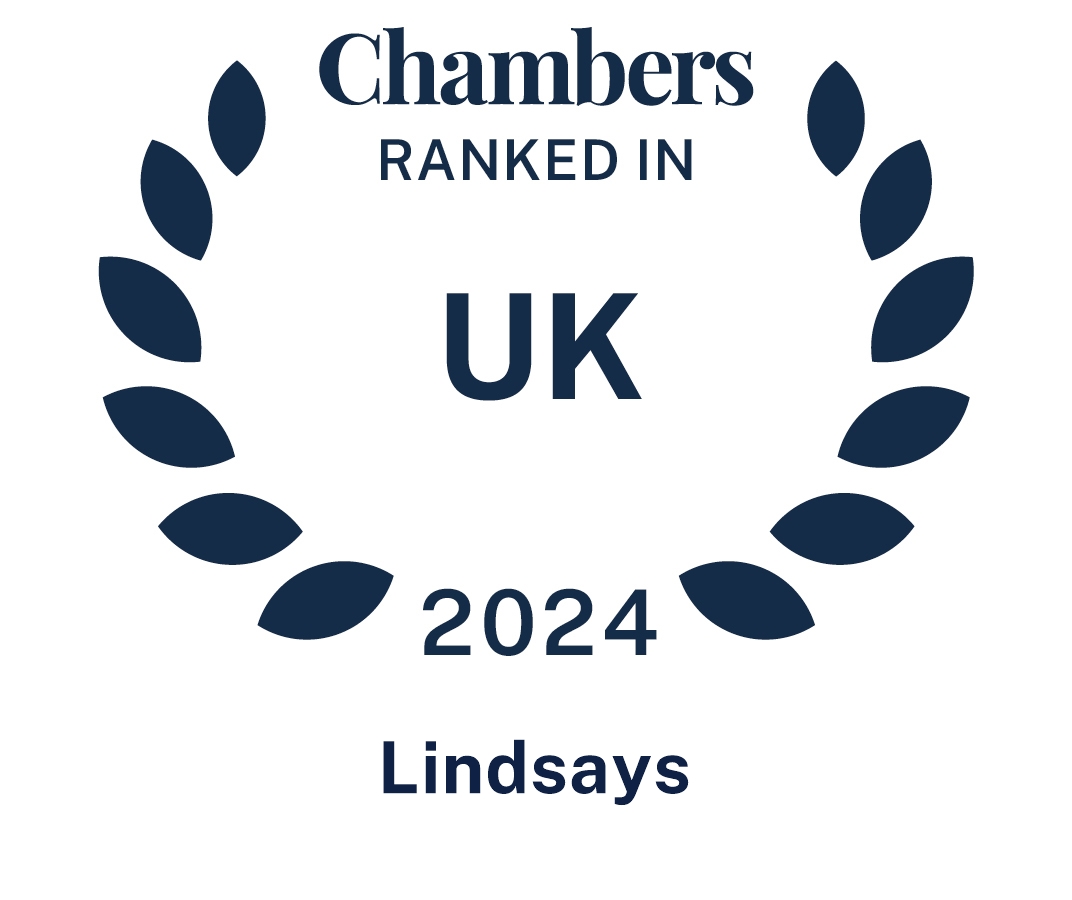Medical negligence claims in Scotland can be complex, time-consuming, and costly. There are various ways to fund such a claim. This ought to allow all individuals, whatever their financial position, able to seek compensation without facing an undue heavy financial burden.
Here are the different methods available to fund a medical negligence claim in Scotland.
1. Legal Aid
Legal aid is a form of financial assistance provided by the Scottish Legal Aid Board (SLAB) to help cover legal costs for those who meet certain eligibility criteria. To qualify for legal aid in a medical negligence case, the claimant must satisfy both financial and merits tests:
- Financial Eligibility: The claimant's income and capital are assessed to determine if they qualify for legal aid. If the claimant's income is below a certain threshold, they may be eligible for full or partial funding.
- Merits Test: The case must have a reasonable chance of success. Your solicitor can initially assess the merits of your case which, if passed, will allow you to obtain financing if you qualify on financial grounds. If you proceed to raise a court action, SLAB will be involved evaluating the prospects of your case and whether the cost of pursuing the claim is justified by the potential outcome.
Legal aid and Advice and Assistance can cover various costs, including solicitor's fees, expert witness fees, and court costs. However, if you win your case and receive compensation, you will be required to repay some or all the legal aid support you have received.
2. No Win, No Fee Agreements
A "No Win, No Fee" agreement, also known as a Speculative Fee Agreement (SFA), is a popular method of funding medical negligence claims in Scotland. Under this arrangement, the solicitor agrees to take on the case without charging you upfront fees. If the claim is successful, your solicitor will recover their costs from the compensation awarded. If the claim is unsuccessful, you do not have to pay any costs including your solicitor's fees.
There are two types of No Win, No Fee agreements:
- Success Fee: If the claim is successful, the solicitor may charge a success fee, which is an additional percentage of the compensation awarded. This fee is usually capped at a certain level. This arrangement is known as a net Damage Based Agreement (“DBA”).
- After-the-Event (ATE) Insurance: This insurance covers the claimant's liability for the opponent's legal costs if the case is unsuccessful. The premium for ATE insurance is often only payable if the claim is successful and is typically deducted from the compensation.
3. Legal Expenses Insurance
Legal expenses insurance (LEI), also known as "Before-the-Event" (BTE) insurance, is another option for funding a medical negligence claim. This type of insurance is often included as an add-on to home, car, or other insurance policies and provides coverage for your legal costs in the event of a dispute, including medical negligence claims.
If you have LEI, the insurer will cover the legal costs associated with pursuing the claim, subject to the policy's terms and conditions. It is essential to review the policy to ensure it covers medical negligence cases and to understand any limitations or exclusions.
4. Private Funding
Some individuals may require funding their medical negligence claims privately. This option involves paying the solicitor's fees and other associated costs out of pocket. While this provides greater control over the choice of solicitor and the management of the case, it can be a costly route, particularly in complex or lengthy cases. It is usually the option chosen if the prospects of the case are unclear and work requires to be done to clarify the case’s prospects.
Private funding is typically only feasible for individuals with sufficient financial resources to cover the potentially high costs of litigation. However, it also allows you to retain all your compensation awarded without the need to pay success fees or insurance premiums.
5. Crowdfunding
Crowdfunding has become an increasingly popular method of raising funds for legal cases, including medical negligence claims. Platforms such as GoFundMe or CrowdJustice allow claimants to raise money from the public to cover their legal expenses.
Crowdfunding can be an effective way to garner financial support, particularly if the case has a strong emotional or public interest component. However, it requires significant effort to promote the campaign and reach potential donors.
6. Trade Union Support
If you are a member of a trade union, you may be entitled to legal assistance for medical negligence claims as part of your membership benefits. Some trade unions offer legal services or can refer members to solicitors who provide discounted or free advice.
It is worth checking with the trade union to see what legal support is available, as this can be a valuable resource for funding a claim.
7. Third-Party Litigation Funding
Third-party litigation funding involves a third-party company or investor agreeing to fund the legal costs of the case in exchange for a share of the compensation if the claim is successful. This option can be suitable for high-value or complex cases where the potential compensation is significant.
The funder assumes the risk of losing, meaning the claimant does not have to repay the funding if the case is unsuccessful. However, the share of the compensation taken by the funder can be substantial, and it is crucial to thoroughly understand the terms of the agreement before proceeding.
Conclusion
Navigating the funding options for a medical negligence claim in Scotland requires careful consideration of your financial situation, the strength of your case, and the potential risks involved. Whether through legal aid, No Win, No Fee agreements, insurance, or other methods, it is essential to seek advice from a suitably qualified solicitor with expertise in medical negligence claims to determine the most appropriate funding option for your circumstances. By understanding the various avenues available, you can pursue your case with greater confidence and peace of mind.
To discuss your case with a member of our dedicated team, call us today on 0800 988 8082 or complete our online enquiry form and we will get back to you right away.





